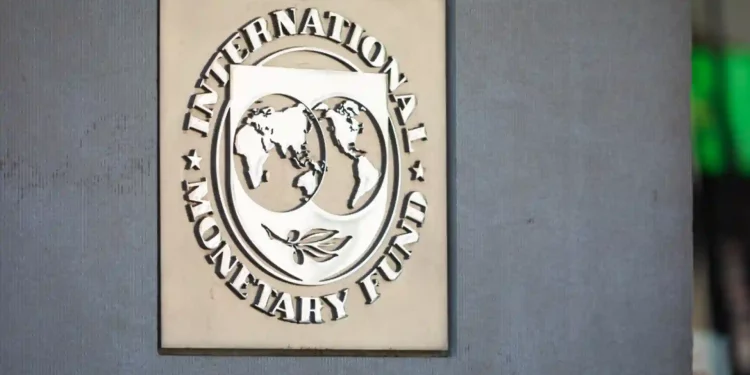The IMF now forecasts that China’s GDP will grow by 5.4% in 2023, up from the previous estimate of 5.0%
The International Monetary Fund (IMF) has raised its economic growth forecast for China for 2023 and 2024. After a difficult year for the world’s second-largest economy, there are now finally signs of recovery in recent months, with stronger-than-expected growth in Q3. This is being attributed to stronger consumption trends and recent policies announced by the Chinese government.
The IMF now forecasts that China’s GDP will grow by 5.4% in 2023, up from the previous estimate of 5.0%, while the outlook for 2024 has also been adjusted to 4.6%, compared to the previous estimate of 4.2%. This upgrade in forecasts is due to the “strong post-reopening rebound in domestic demand, particularly consumption,” according to Gita Gopinath, Deputy Managing Director of the IMF.
China’s economic performance in 2022 was harshly affected by strict COVID-19 measures, resulting in a modest growth rate of 3.0%, well below the official target of 5.5%. To address the challenge, the Chinese government then started targeted stimulus measures to support critical sectors, particularly the struggling real estate sector. In October, China also announced a 1 trillion yuan ($137 billion) sovereign bond tranche to fund infrastructure spending.
China’s Property Sector and Public Debt are its Achilles’ Heels
While the economic outlook for 2023 and 2024 has improved, the IMF acknowledges many remaining challenges. The property sector, which has historically accounted for about a quarter of Chinese GDP, continues to face severe difficulties. Major property developers are grappling with high levels of debt, and the industry’s woes continue, making it a key concern.
Gopinath emphasised the need for comprehensive measures to address the property market’s issues, including easing the exit of nonviable developers, removing barriers to housing price changes, increasing government funding for project completion, and supporting viable developers in adapting to a smaller market. These measures are seen as essential for achieving a more sustainable property sector and minimising economic costs.
Local government debt in China has also surged, reaching 92 trillion yuan ($12.6 trillion), equivalent to 76% of the country’s GDP in 2022. To tackle this issue, Gopinath called for coordinated fiscal reforms and balance-sheet restructuring at the central level. This restructuring aims to address local government debt, close fiscal deficits, and control the flow of debt, particularly that associated with local government financing vehicles (LGFVs).
Financial stability is a further concern, with banks facing both lower capital stocks and asset quality risks. To mitigate these risks, Gopinath stressed the importance of improving fiscal transparency and monitoring at the local government level. The IMF further highlighted the need for macroeconomic policies to support economic activity. These policies include reorienting fiscal expenditure towards households, monetary easing through lower interest rates, and greater exchange rate flexibility.
China’s growth is key to a healthy world economy
China’s role in addressing global challenges, such as climate and debt, is huge. The IMF encouraged China to support debt restructuring on low-income countries while also addressing domestic restrictions in trade and investment, which have both domestic and global implications.
As the country grapples with massive issues such as an ageing population, diminishing returns on investment, and global economic re-ordering, there is a growing need for structural reforms aimed at boosting productivity and promoting sustainability. The recent IMF forecast upgrade is optimistic about the direction in which China’s economy is moving, but the report also stresses the importance of addressing key structural issues to ensure long-term development.

















